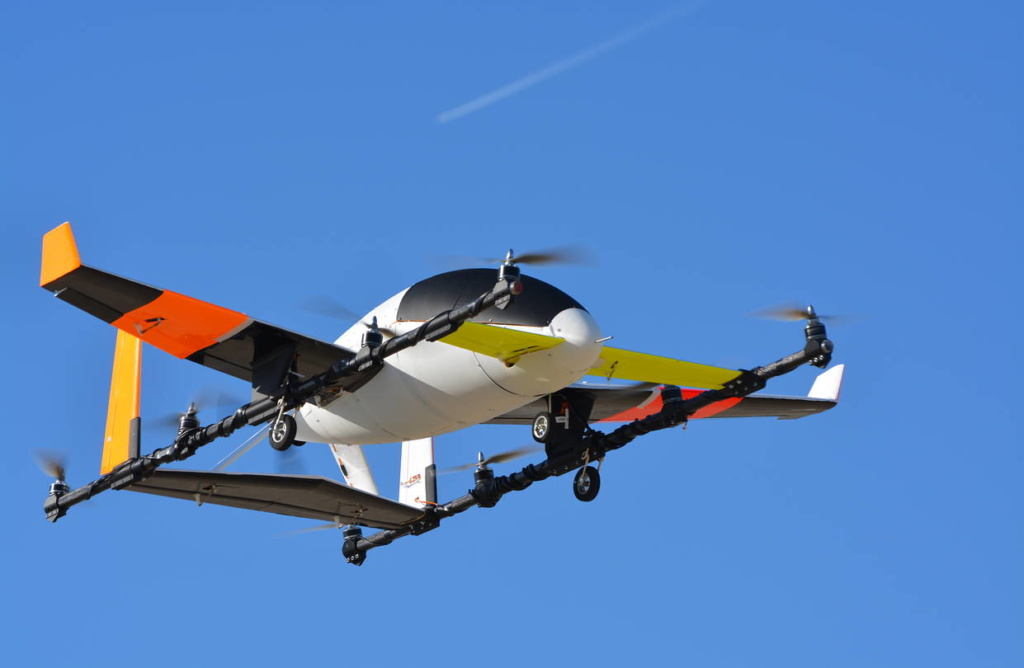Aerospace company Boeing aims to begin selling electric people-carrying drones within the next ten years.
“I think it will happen faster than any of us understand,” Boeing CEO Dennis Muilenburg told Bloomberg. “Real prototype vehicles are being built right now. So the technology is very doable.”
Boeing, the largest industrial company in the U.S., and its rival, Airbus SE, have been racing to complete a drone prototype like the one just announced. The flying taxi debut comes a little over a month after Boeing acquired Aurora Flight Sciences, a company that was previously working on flying taxis with ride-share company Uber. Regulations, of course, have to catch up to the evolving technology—how will traffic flow on a 3-D highway, and how will drones not crash into each other (or buildings)? Existing regulations for piloted aircraft are extremely strict—manufactures have to prove that fatal malfunctions wouldn’t occur in one-in-a-billion flights.
Boeing’s announcement is the latest in an explosion of news—and corresponding excitement—around driverless cars and other forms of transportation previously found only in science fiction. On April 2, fully autonomous vehicles can hit the streets in California, while truck company Peterbilt is pioneering technology for self-driving big rigs. Las Vegas, meanwhile, is testing a self-driving public transit shuttle, while further west, Uber and NASA are teaming up to bring flying cars to Los Angeles. And let’s not forget about the Hyperloop: Elon Musk has received exploratory permits for a New York to D.C. route for the ultra-fast conveyance he’s developed, and this week, Virgin Hyperloop One debuted its first pod prototype in Dubai.
